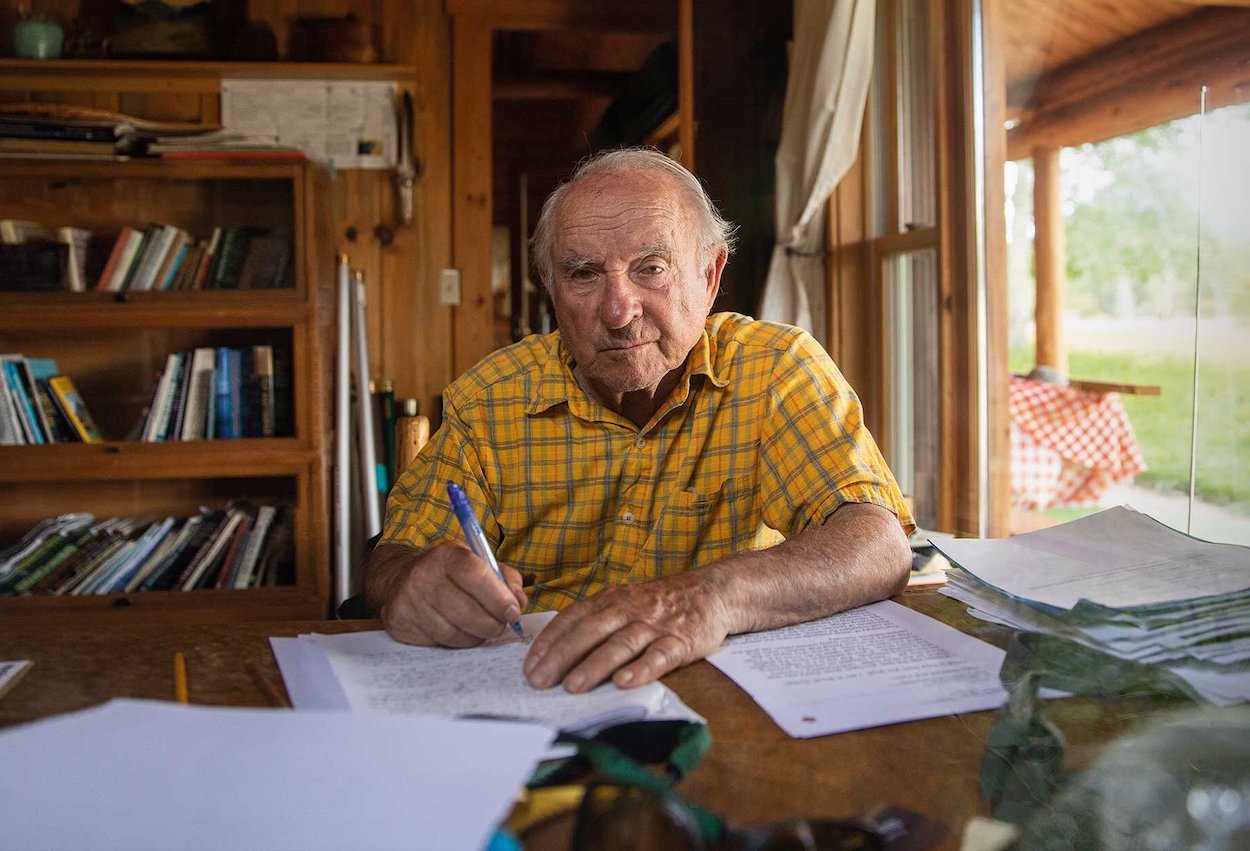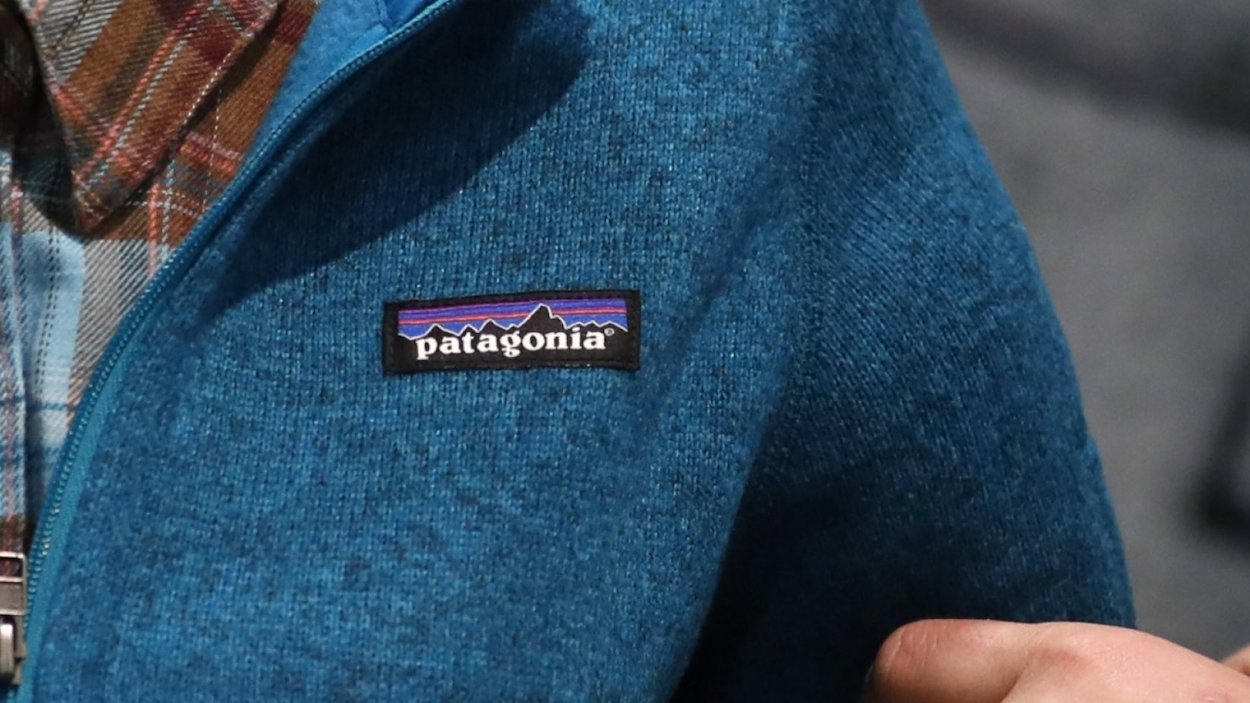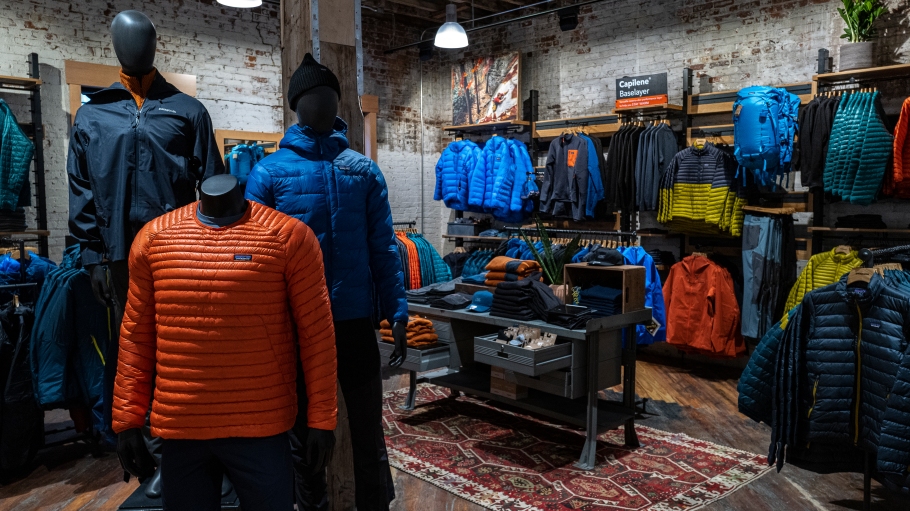In 2017, Forbes published an article that “really, really pissed off” Yvon Chouinard, the founder of popular outdoor clothing brand Patagonia. The article listed Chouinard as a billionaire, officially anointing him as one of the world’s richest people. Most businesspeople yearn for that level of success, but Chouinard—an eccentric mountain climber and self-described “existential dirtbag” from California’s Yosemite Valley—viewed it as a sign of personal failure. The descriptor might be harsh, but Chouinard has long prided himself on eschewing the gilded lifestyle espoused by most billionaires. He often ate five-cent cans of cat food to survive during his early adventures, when he lived out of his car, and today the octogenarian drives an old Subaru and doesn’t own a computer or cellphone.
Chouinard founded Patagonia nearly five decades ago as a climbing equipment startup to help finance his mountain adventures. (Originally named Chouinard Equipment, he changed the name to Patagonia after a transformative journey through the South American region with his best friend, Doug Tompkins, who went on to found rival brand The North Face.) Over time, Patagonia transformed into a purveyor of sturdy yet stylish outdoor apparel with the sole mission of making the world a better place. Ever-conscious of the company’s carbon footprint and the fashion industry’s rampant greenwashing, Patagonia took out a full-page ad in the New York Times on Black Friday that stated, bluntly, “Don’t Buy This Jacket.”
So it should come as no surprise that Chouinard has given Patagonia away. Rather than selling the company or taking it public, Chouinard and his family transferred their ownership to a specially designed trust and nonprofit, the Holdfast Collective, created to ensure that its profits combat climate change and protect undeveloped land. Patagonia will still operate as a private, for-profit corporation that sells $1 billion worth of ski pants and jackets per year, but the Chouinards are no longer the owners. “Hopefully this will influence a new form of capitalism that doesn’t end up with a few rich people and a bunch of poor people,” Chouinard told the Times. “We’re going to give away the maximum amount of money to people who are actively working on saving this planet.”
“We’re directing all the value created by the company to specific conservation projects and advocacy,” Patagonia chair Charles Conn writes for Fortune. “Instead of exploiting natural resources to make shareholder returns, we’re turning shareholder capitalism on its head by making the Earth our only shareholder. Over time, the market will continue to work and responsible, purpose-led companies will attract more investment, better employees, and deeper customer loyalty. This is not ‘woke’ capitalism. It’s the future of business if we want to build a better world for our children.”
The move immediately establishes the Chouinards as one of the country’s most charitable families at a time when billionaires are increasingly scrutinized for hoarding astronomical wealth. That’s not to say all billionaires are totally culpable—Bill Gates and Warren Buffet launched the Giving Pledge, a campaign encouraging other billionaires to give away most of their wealth, in 2010, attracting attention from Mark Zuckerberg, Elon Musk, and MacKenzie Scott. One downfall: the pledge doesn’t stipulate where the money should go. Instead of following in the footsteps of the Bill & Melinda Gates Foundation, which has donated millions to fighting malaria and saved thousands of lives, some billionaires would prefer to fund new performing arts centers at their well-endowed Ivy League alma maters.
Signing massive checks to social causes while ensuring the money is well-spent isn’t easy. The Gates Foundation underwrote $200 million for a multi-year project to support schools that ended up not improving student outcomes at all. In one of the worst examples, a school in Liberia meant to protect vulnerable girls from sexual exploitation was exposed as an epicenter of rape. These incidents can make billionaires understandably risk-averse, meaning less money will be donated over time. As well-intentioned as the Giving Pledge is, with $500 billion pledged as of 2019, the wealth of billionaires—including Gates and Buffett—has only increased. “The challenges are real, but they’re surmountable,” Kelsey Piper writes for Vox. “Moving slowly on donating billions makes sense, as long as caution doesn’t slide into inaction.”
Chouinard is intent on moving quickly. Patagonia has already donated $50 million to the Holdfast Collective and expects to contribute another $100 million this year. (As Bloomberg noted, the deal has been structured in ways that afford Chouinard and his family perks such as shielding them from tax bills that could’ve run them hundreds of millions of dollars.) The nonprofit will fund nature-based climate solutions like conservation efforts and preserving land, but can also fund grassroots activists and donate to political campaigns.



